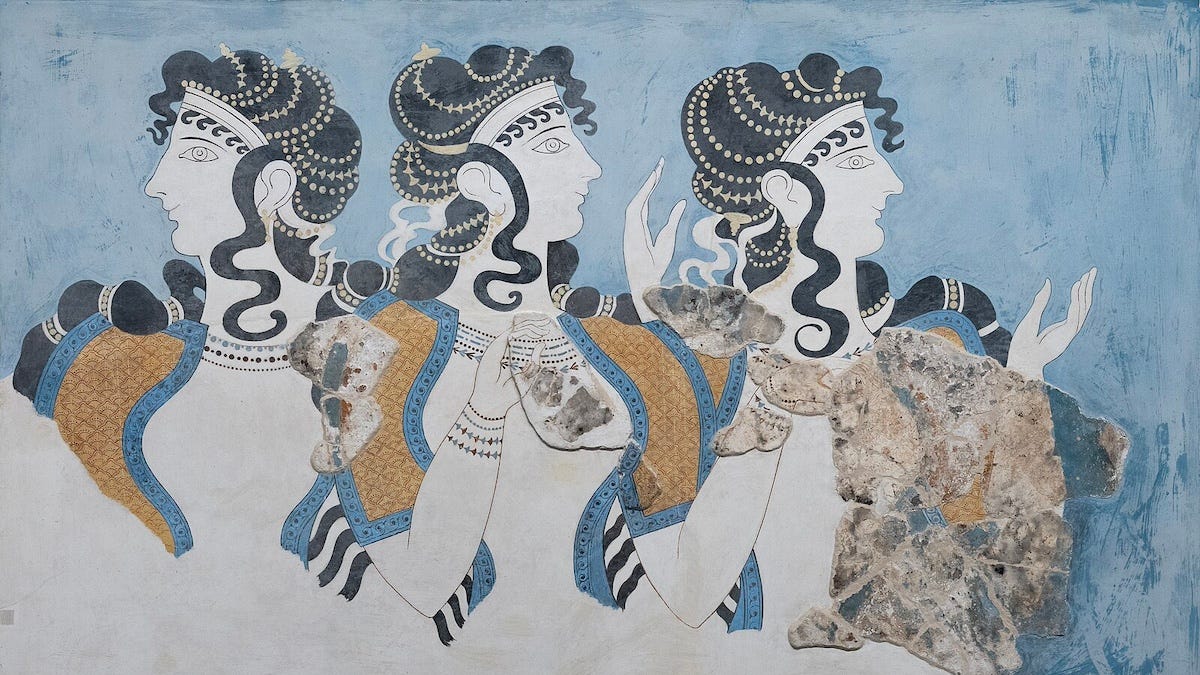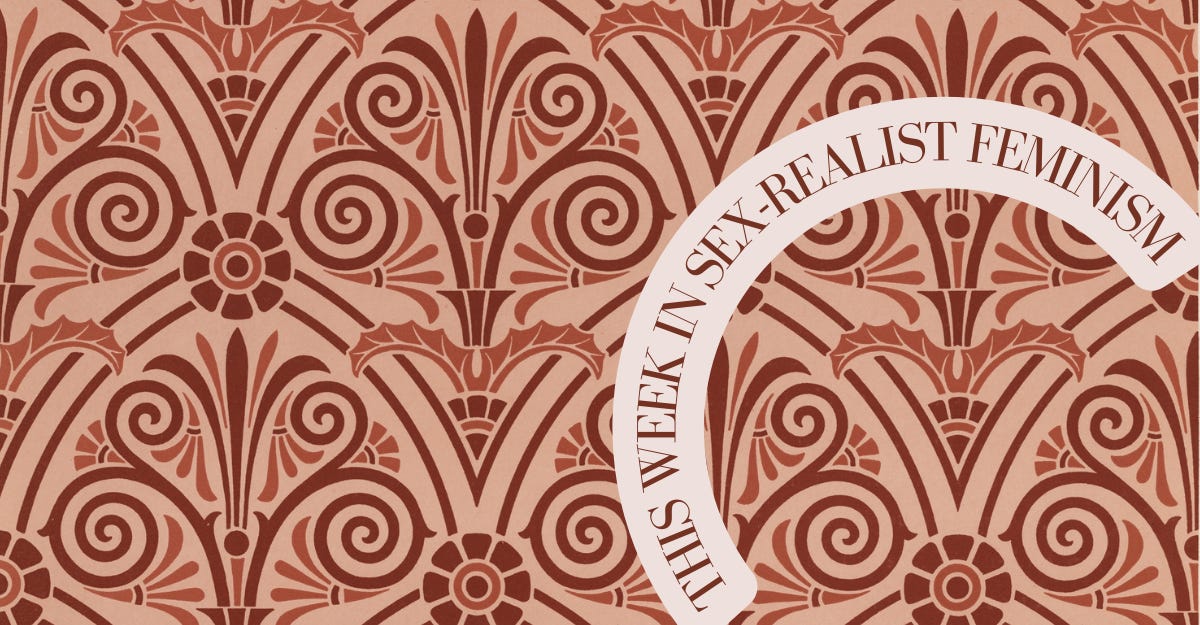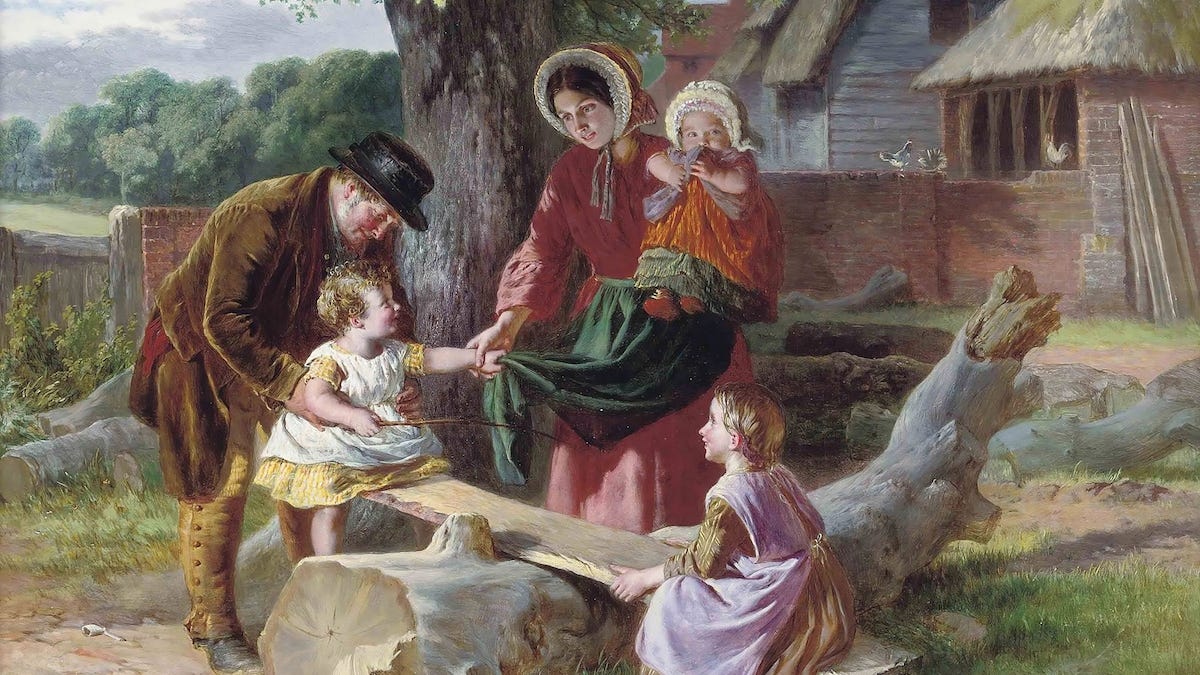The Ordinary and Extraordinary Women Who Made Ancient History
Did women have a part in shaping antiquity?
This week, classicist and historian Nadya Williams reviews Daisy Dunn’s new book, The Missing Thread: A Women’s History of the Ancient World, which weaves together fascinating tales of women across antiquity. Williams’ review asks questions about what it means to make history—and whether we can rightly say that women had a part in shaping it.
The Ordinary and Extraordinary Women Who Made Ancient History
Nadya Williams
Who makes history? Not well-behaved women, the adage goes. But who decides who is interesting enough to “make history,” and what they must do to be worthy of this designation? The truth is, the writing of history is a much less objective science than modern academics would like to pretend. We all tend to see what we want to see—or, too often, what we expect to see. When it comes to the grand narratives of ancient classical history, we expect Achilles, Alexander, Caesar, and various other famous military and political leaders to show up—all of them men.
We often forget, when looking at these famous men too intently, that day by day, they were surrounded by other, quieter figures who performed various tasks of care, support, and advising that made it possible for them to become who we know them to be. Women shaped these famous men—their decisions, personalities, whims—and in the process, those women shaped history.
More women than we can imagine also shaped history in their own right. Our assumptions to the contrary are due, in part, to the infelicities of source survival.
This Week in Sex-Realist Feminism: Testosterone, Feminist Economics, and Endless Parenting
This week: Eliza Mondegreen on testosterone treatment, Susanna Rustin on feminist Eleanor Rathbone's economics, Faith Hill on endless parenting, Mary Poppins feminism, risks of surrogacy, why Gen Z doesn't want kids, FD recommends a book—and more!
From the Archives:
ICYMI: Featured Author Nina Power reviews three books offering insight into the relationship between the sexes, as understood by the American right.
Sexual Politics on the American Right
Nina Power
“For all of its emphasis on transgression, liberal, secular life is boring, stale, and miserable. What is radical is hope, a return to the recognition of sexual difference, and the belief in something higher: family, God, and the time that remains.”






